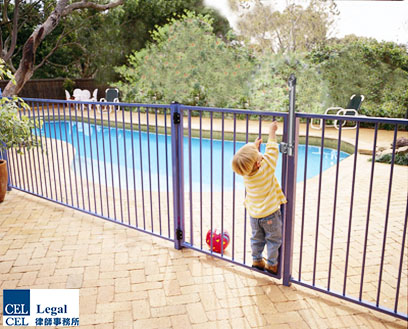|
Pool fences and safety barriers are essential in reducing drowning and serious injuries of young children. It is with this in mind that a Pool Safety Certificate is required when selling, buying or leasing a property with a pool.
Seller’s Responsibility The Seller must give a copy of the Pool Safety Certificate to the Buyer. This isn’t a problem where a valid Pool Safety Certificate exists (one year for a shared pool by residences in a body corporate and two years for a non-shared privately owned pool). However, if there isn’t a valid Pool Safety Certificate, the Seller MUST complete and serve a Queensland Building and Construction Commission (QBCC) Form 36 - ‘Notice of no Pool Safety Certificate’ BEFORE entering into a Contract. The Seller must ensure he/she provides the Form 36 to the following bodies BEFORE entering into a Contract:
If the Buyer does not receive a Pool Safety Certificate, the Buyer is obligated to obtain one within 90 days of settlement. The Queensland State Government has a helpful list of licensed pool safety inspectors here. What is a Pool Safety Inspection clause? Pool Safety Inspection clauses allow the buyer to obtain a pool safety inspection to verify if a Pool Safety Certificate exists, and if it doesn’t, what works are required to render the pool compliant. Similar to the Building and Pest Inspection clause, the Buyer may terminate on or by the Inspection Date if the Buyer is not satisfied and acting reasonably with the results of the inspection. Source Brisbane City Council ByLawyers
0 Comments
Leave a Reply. |
Archives
August 2020
Categories
All
|
62 Sanders Street UPPER MOUNT GRAVATT QLD 4122
|
Contact Us |

